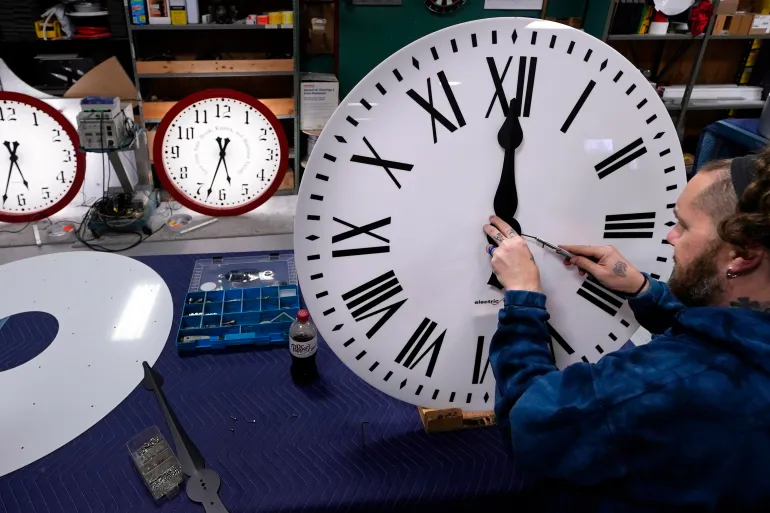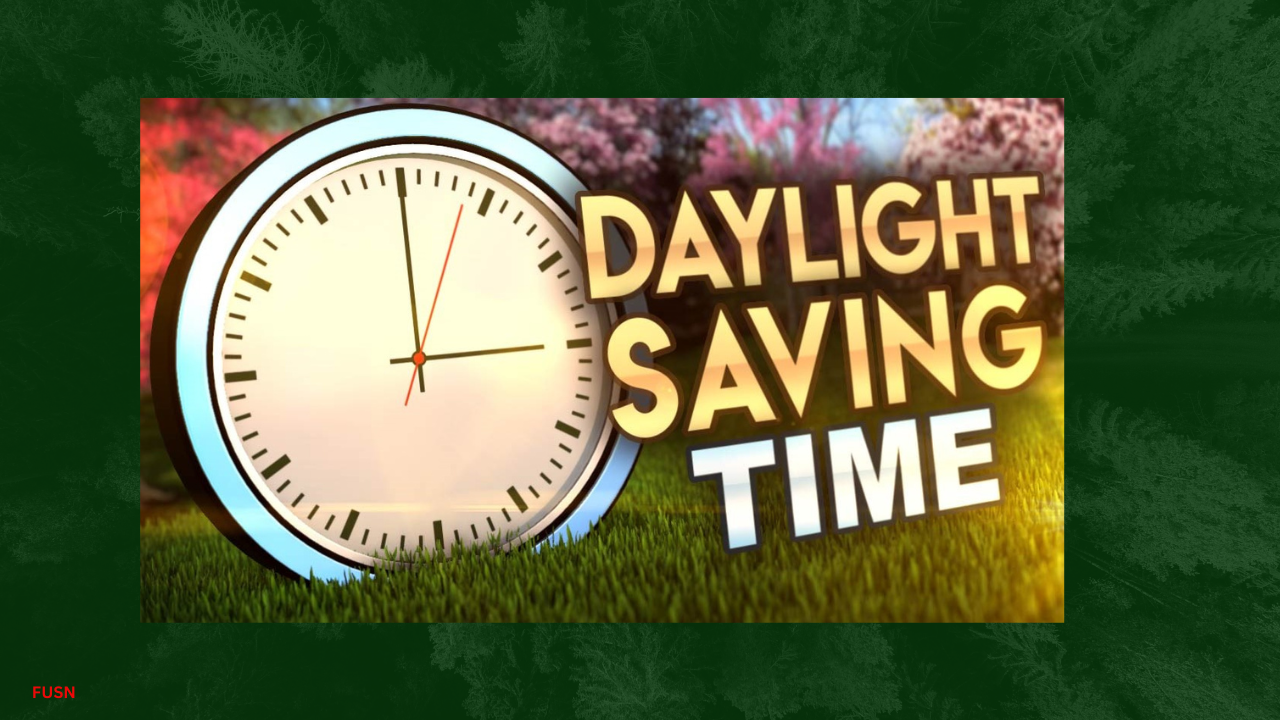daylight savings 2023
We are moving toward that season in the US when the timekeepers change once more and great many individuals are in danger of missing arrangements in the event that they don’t have their finger on the beat.
Light saving time is the term for the setting of clocks throughout the late spring months, which is the reason sunshine saving time is called daylight time or mid year.
For what reason do we have light saving time?
In 1966, the Uniform Time Act was elapsed by Congress to normalize light saving time, which runs from Spring to November.

This really intends that in the US it starts consistently on the second Sunday of Spring and finishes on the principal Sunday of November.
It had exceptional authentic importance for ranchers, who acquired an additional hour to develop and reap crops, helping the more extensive local area and countries/states.
The Branch of Transportation (Dab) additionally expresses that sunlight saving time saves energy, diminishes traffic wounds, and brings down crime percentages.
This will end soon, notwithstanding, as at 02:00 on Sunday, November 5, you should turn your clocks back 60 minutes, considering an additional hour of rest.
Do all states notice daylight saving time?
There are two expresses that don’t notice Light Saving Time, and they are Arizona and Hawaii.

UNDERSTAND YOUR VALUE OF TIME
The decision of Arizona is because of its warm environment and broadened sunshine over time.
Inhabitants of the state like to keep a steady time table without the need to change their clocks.
Be that as it may, inside Arizona, the Navajo Country notices Light Saving Time.
Also, Hawaii’s area close to the equator brings about negligible variety in sunshine hours, making DST superfluous.

The U.S. regions Guam, Puerto Rico, American Samoa, the Northern Marianas, and the U.S. Virgin Islands likewise don’t notice daylight Saving Time.
There are a few expresses that have passed regulation to move to super durable daylight saving time, yet they need government regulation to permit the change and have been required to be postponed.
The accompanying states have passed such regulations:
alabama
colorado
delaware
Florida
Georgia
idaho
kentucky
louisiana
minnesota
mississippi
Montana
ohio
oregon
South Carolina
tennessee
utah
Washington State
Wyoming









